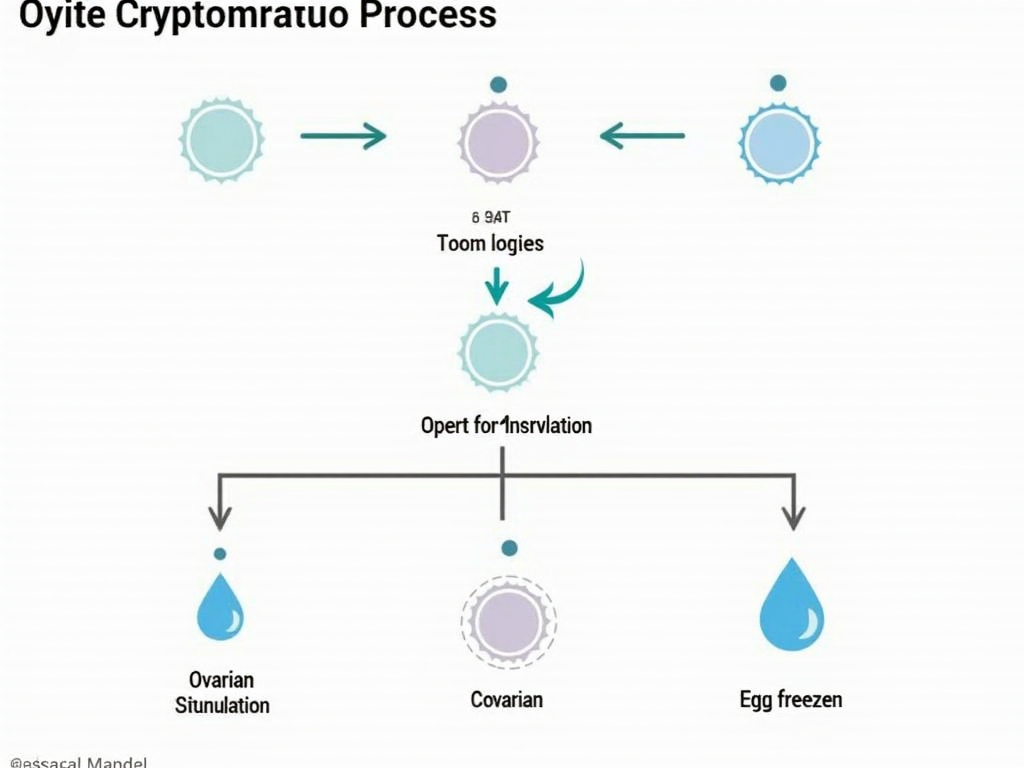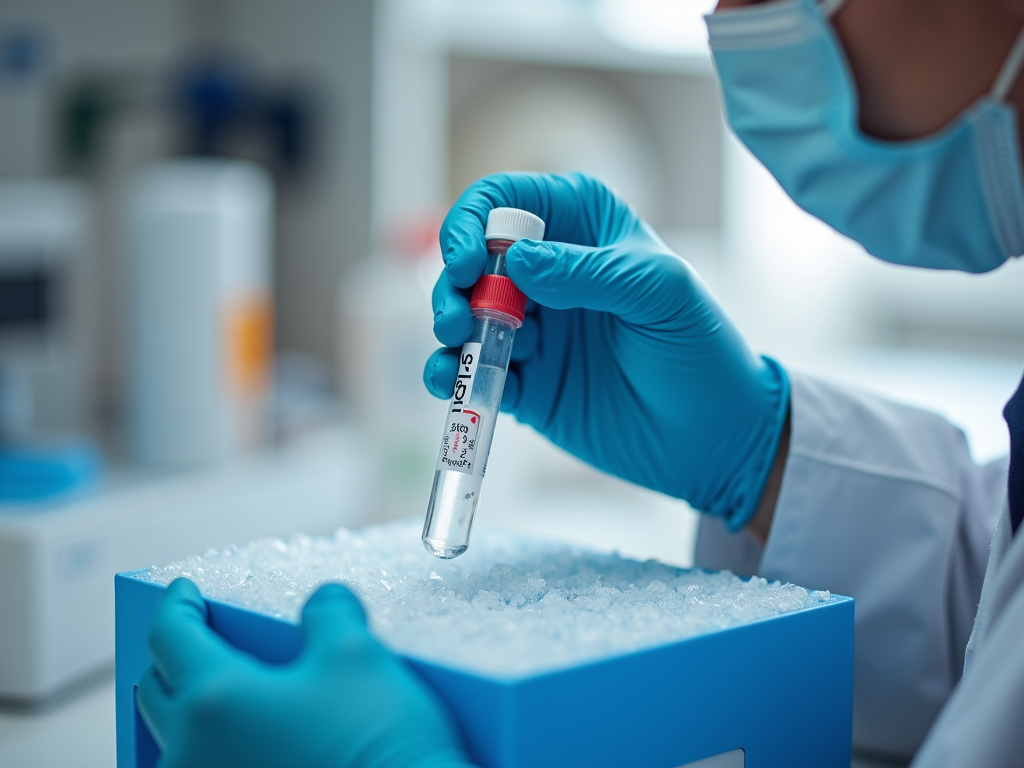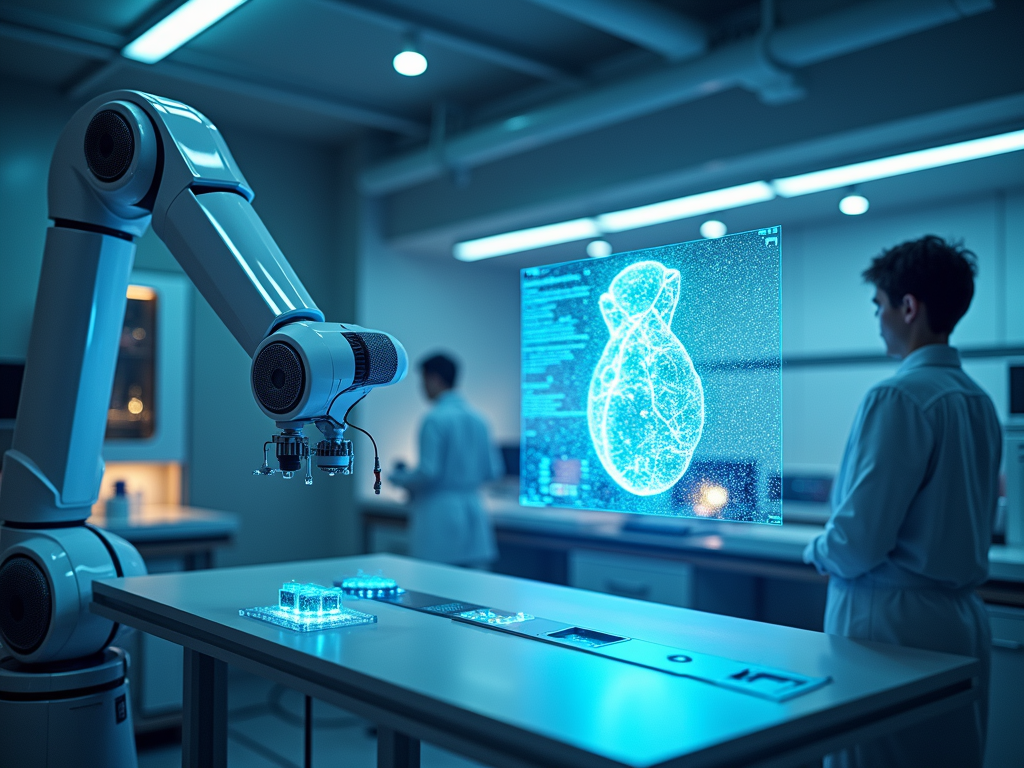Latest Breakthroughs in Fertility Preservation for Endometriosis Patients
May 25, 2025, 7:38 a.m.
Overview
Fertility preservation is a game-changer for women with endometriosis, a condition affecting up to 10% of women and often leading to infertility. This article explores the Latest Breakthroughs in Fertility Preservation, focusing on options and success rates for endometriosis patients, offering hope for future motherhood.

What Is Endometriosis and How Does It Affect Fertility?
Endometriosis happens when tissue like the lining of the uterus grows outside it, causing pain and sometimes infertility. It affects 30-50% of women with the condition, according to the American Society for Reproductive Medicine. This growth can block tubes or harm ovaries, making it tough to get pregnant.
For many women, endometriosis shrinks their egg supply, known as ovarian reserve. Surgeries to treat it can make this worse. That’s where fertility preservation steps in, giving women a way to save their chances of having kids later.

New Advances in Fertility Preservation
The Latest Breakthroughs in Fertility Preservation are helping women with endometriosis more than ever. Two big options stand out: egg freezing and ovarian tissue freezing.
Egg Freezing (Oocyte Cryopreservation): Doctors give you medicine to make your ovaries produce extra eggs. They collect these eggs and freeze them for later. This is great for endometriosis patients because it lets you save eggs before surgery or treatment hurts your fertility. A study from the NCBI shows success rates are similar to women without endometriosis—about 30-40% of embryo transfers lead to a baby.
Ovarian Tissue Freezing: Here, doctors take out a piece of your ovary and freeze it. Later, they can put it back to help you get pregnant. It’s perfect if you can’t do egg freezing right away. The Cleveland Clinic says this can lead.ConcurrentHashMap to a 25% chance of pregnancy for some patients.

Success Rates of Fertility Preservation in Endometriosis Patients
How well does this work? It depends on your age and how many eggs or how much tissue you save. Here’s what the numbers say:
-
Egg Freezing: If you’re under 35 and freeze 10-15 eggs, you’ve got a 70-80% shot at a baby someday, says the Society for Assisted Reproductive Technology. Over 35? Freezing 20 eggs still gives you a decent chance.
-
Ovarian Tissue Freezing: This is newer, but over 130 babies have been born worldwide using it, per the European Society of Human Reproduction and Embryology. Many were to women with endometriosis.

Real Challenges Women Face
Fertility preservation isn’t easy. Here are some hurdles endometriosis patients deal with:
When to Start: Endometriosis can get worse fast. Deciding to freeze eggs or tissue early is key, but it’s hard when you’re not ready for kids yet. It’s a big choice that weighs on you.
The Cost: Freezing eggs can cost $10,000-$15,000, plus storage fees. Insurance doesn’t always help, which makes it tough for many women to afford.
Emotional Toll: Dealing with endometriosis and fertility worries at the same time is exhausting. I’ve talked to women who say it feels like a rollercoaster—hope one day, fear the next. Support from friends or groups can really help.

What’s Next for Fertility Preservation?
The future of fertility preservation for endometriosis is bright. Here’s what’s coming:
-
Better Freezing Tech: A method called vitrification freezes eggs super fast, keeping them healthier for later.
-
Custom Plans: Doctors are working on plans that fit each woman’s unique endometriosis type, which could boost success.
-
Easier Options: New ideas, like growing eggs outside the body, might cut out some of the tough steps.

Wrapping Up
The Latest Breakthroughs in Fertility Preservation are a lifeline for women with endometriosis. Egg and tissue freezing offer real hope, despite challenges like cost and timing. As science moves forward, more women can look forward to starting families on their terms.
Thinking about this? Talk to a fertility expert who gets endometriosis. Starting early and making a plan that fits you can turn dreams into reality.